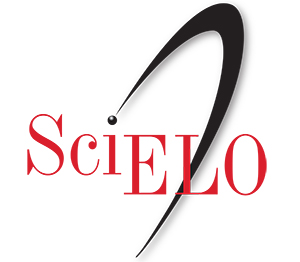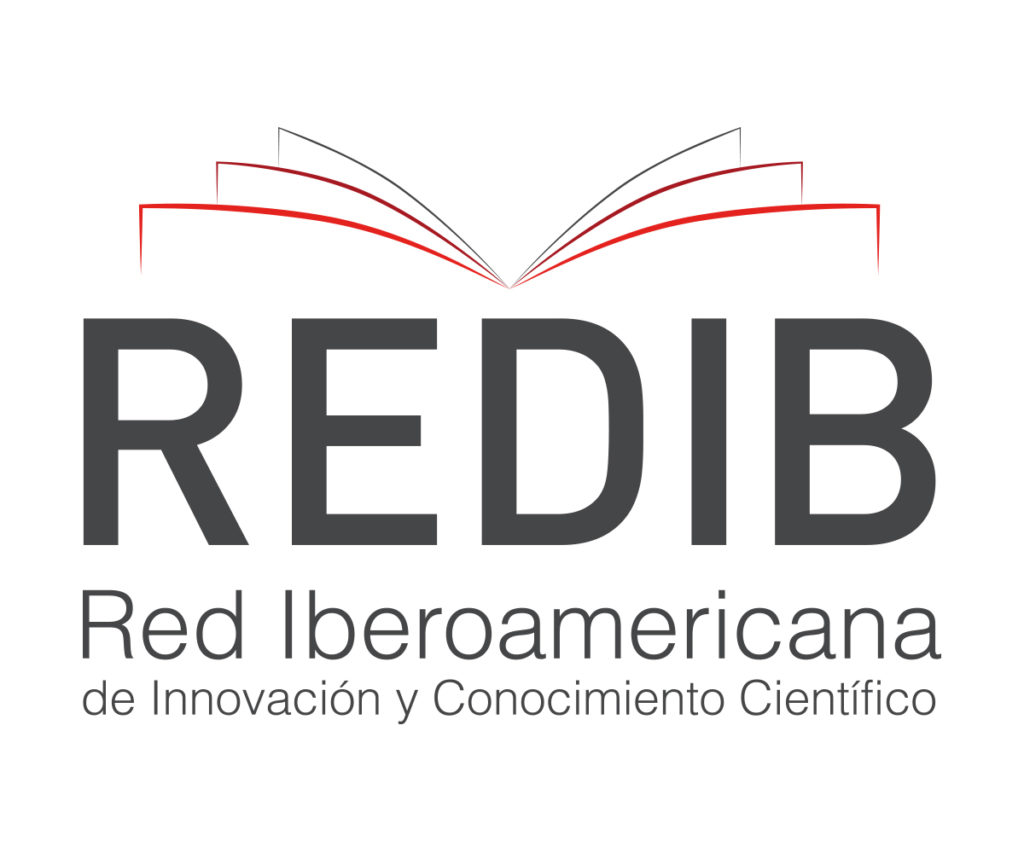Tensiones temáticas. Controversias a propósito del infinito
Thematic Tensions. Controversies About Infinity
DOI:
https://doi.org/10.15446/ideasyvalores.v71n8Supl.103865Palabras clave:
controversias, infinito, tensiones temáticas, themata (es)controversies, infinite, thematic tensions, themata (en)
Descargas
A partir del concepto themata de Gerald Holton, sugiero la noción de “tensiones temáticas” en un intento por abordar asuntos relacionados con la necesidad de establecer criterios de identidad en la evolución de controversias científicas. Por “tensiones temáticas” entiendo una variedad de presiones de fondo que moldean el desarrollo de ciertas controversias. Aplico la noción a dos disputas distantes en el tiempo para esclarecer su parentesco: la controversia que sostuvieron platónicos y aristotélicos entre los siglos iii a. c. y iii d. c. sobre el modo de existencia del infinito, y la controversia que sostuvieron Georg Cantor y Leopold Kronecker a finales del siglo xix sobre la legitimidad de los números transfinitos.
Parting from Gerald Holton’s themata concept, I suggest the notion of “thematic tensions” in an attempt to tackle issues related to the necessity of establishing identity criteria in the evolution of scientific controversies. By “thematic tensions”, I mean a variety of background pressures that shape the development of some controversies. I apply this notion to two disputes far apart in time to establish their kinship: the controversy that Platonists and Aristotelians held on the mode of existence of the infinite during iiiBC and iiiAD centuries and the controversy Georg Cantor and Leopold Kronecker held on the legitimacy of transfinite numbers near the end of the xix century.
Referencias
Aristóteles. Física. Traducido por Guillermo de Echandía. Gredos, 1995.
Aristóteles. Metafísica. Traducido por Tomás Calvo Martínez. Gredos, 1994.
Boniface, Jacquelin. “Leopold Kronecker´s conception of the foundation of mathematics.” Philosophia Scientiae 5 (2005): 143-156 [https://doi.org/10.4000/ philosophiascientiae.384].
Cantor, Georg. “Foundations of a General Theory of Manifolds: A Mathematico-Philosophical Investigation into the Theory of the Infinite [Grundlagen].” From Kant to Hilbert: A Source Book in the Foundations of Mathematics. Edited and translated by William Ewald. vol. 2. Oxford University Press, 1996. 879-920.
Cantor, Georg. “Notas a la teoría de los transfinitos [Mitteilungen].” Georg Cantor: Sistema de números y conjuntos. Editado y traducido por Carlos Gómez. Universidade Da Coruña, 2009. 434-500.
Dauben, Joseph Warren. “The Battle for Cantorian Set Theory.” Mathematics and the Historian´s Craft. Edited by Glen van Brummelen and Michael Kinyon. Springer, 1995. 221-241. DOI: https://doi.org/10.1007/0-387-28272-6_10
Dauben, Joseph Warren. “Georg Cantor and Pope Leo XIII: Mathematics, Theology and the Infinite.” Journal of the History of Ideas 38.1 (1977): 85-108. [https://doi. org/10.2307/2708842].
Dauben, Joseph Warren. Georg Cantor. His Mathematics and Philosophy of the Infinite. Princeton University Press, 1990. DOI: https://doi.org/10.1515/9780691214207
Dombrowski, Daniel. A History of the Concept of God. A Process Approach. Suny Press, 2016.
Drozdek, Adam. “Beyond Infinity: Augustine and Cantor.” Laval théologique et philosophique 51.1 (1995): 127-140. [https://doi.org/10.7202/400897ar].
Drozdek, Adam. In the Beginning was the Apeiron. Infinity in Greek Philosophy. Paligenesia, 2008.
Frege, Gottlob. “Thought.” The Frege Reader. Edited and translated by Michael Beaney. Blackwell Publishers, 1997. 325-345.
Gray, Jeremy. Plato´s Ghost: The Modernist Transformation of Mathematics. Princeton University Press, 2008. DOI: https://doi.org/10.1515/9781400829040
Hilbert, David. “Göttingen Lectures.” From Kant to Hilbert: A Source Book in the Foundations of Mathematics. Edited and translated by William Ewald. vol. 2. Oxford University Press, 1996. 944-946.
Hilbert, David. “On the infinite.” From Frege to Gödel. A Soruce Book in the History of Mathematical Logic, 1879-1931. Edited by Jean van Heijenoort. Harvard University Press, 1967. 369-392.
Holton, Gerald. “La construcción de una teoría: el modelo de Einstein.” La imaginación científica. Traducido por Juan José Utrilla. Fondo de Cultura Económica, 1985. 36-65.
Holton, Gerald. “The Thematic Imagination in Science.” Thematic Origins of Scientific Thought. Kepler to Einstein. Harvard University Press, 1975. 47-68. DOI: https://doi.org/10.1063/1.3128445
Knorr, Wilbur Richard. The Evolution of the Euclidean Elements. D. Reidel Publishing Company, 1973.
Kronecker, Leopold. “On the Concept of Number.” From Kant to Hilbert: A Source Book in the Foundations of Mathematics. Edited and translated by William Ewald. vol. 2. Oxford University Press, 1996. 947-955.
Lear, Jonathan. “Aristotle´s Philosophy of Mathematics.” The Philosophical Review 91. 2 (1982): 161-192. DOI: https://doi.org/10.2307/2184625
Mentzeniotis, Dyonisis and Satamatellos, Giannis. “The Notion of Infinity in Plotinus and Cantor.” Platonism and Forms of Intelligence. Edited by John Dillion and Marie-Elize Zokvo. Akademie Verlag, 2008. 213-230. DOI: https://doi.org/10.1524/9783050061115.213
Platón. Filebo. Traducido por María Ángeles Durán y Francisco Lisi. Gredos, 1992.
Platón. Timeo. Traducido por María Ángeles Durán y Francisco Lisi. Gredos, 1992. Plotino. Enéadas. Traducido por Jesús Igal. Gredos, 1998.
Proclo. A Commentary on the First Book of Euclid´s Elements. Translated by Glenn Morrow. Princeton University Press, 1970.
Tapp, Christian. “Absolute Infinity. A Bridge between Mathematics and Theology.” Foundational Adventures. Essays in Honour of Harvey M. Friedman. Edited by Neil Tennant. Milton Keynes. College Publications, 2014. 77-90.
Tomás de Aquino. Suma de Teología i. Traducido por José Martorell Capó. Biblioteca de Autores Cristianos, 2001.
Thomas-Bolduc, Aaron. “Cantor, God, and Inconsistent Multiplicities.” Studies in Logic, Grammar and Rhetoric 44.57 (2016): 133-146. [https://doi.org/10.1515/slgr-2016-0008].
Tighe, Joseph. “The God Concept: Aristotle and the Philosophical Tradition.” Found Sci 13 (2008): 217-228. [https://doi.org/10.1007/s10699-008-9139-6].
Wedberg, Anders. Plato´s Philosophy of Mathematics. Almqvist & Wiksell, 1955.
Cómo citar
MODERN-LANGUAGE-ASSOCIATION
ACM
ACS
APA
ABNT
Chicago
Harvard
IEEE
Turabian
Vancouver
Descargar cita
Licencia
Derechos de autor 2022 Los derechos son del autor(es), quien(es) puede re-publicar en parte o en su totalidad el documento ya publicado en la revista siempre y cuando se dé el debido reconocimiento a Ideas y Valores

Esta obra está bajo una licencia internacional Creative Commons Atribución-NoComercial-SinDerivadas 4.0.
De acuerdo con la Licencia Creative Commons Atribución-No Comercial-SinDerivar 4.0 Internacional. Se autoriza copiar, redistribuir el material en cualquier medio o formato, siempre y cuando se conceda el crédito a los autores de los textos y a Ideas y Valores como fuente de publicación original. No se permite el uso comercial de copia o distribución de contenidos, así como tampoco la adaptación, derivación o transformación alguna de estos sin la autorización previa de los autores y de la dirección de Ideas y Valores. Para mayor información sobre los términos de esta licencia puede consultar: http://creativecommons.org/licenses/by-nc-nd/4.0/legalcode.















.jpg)











